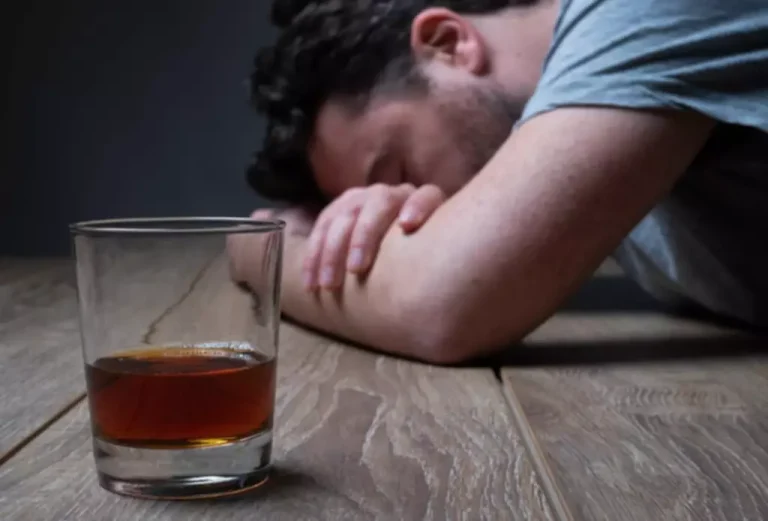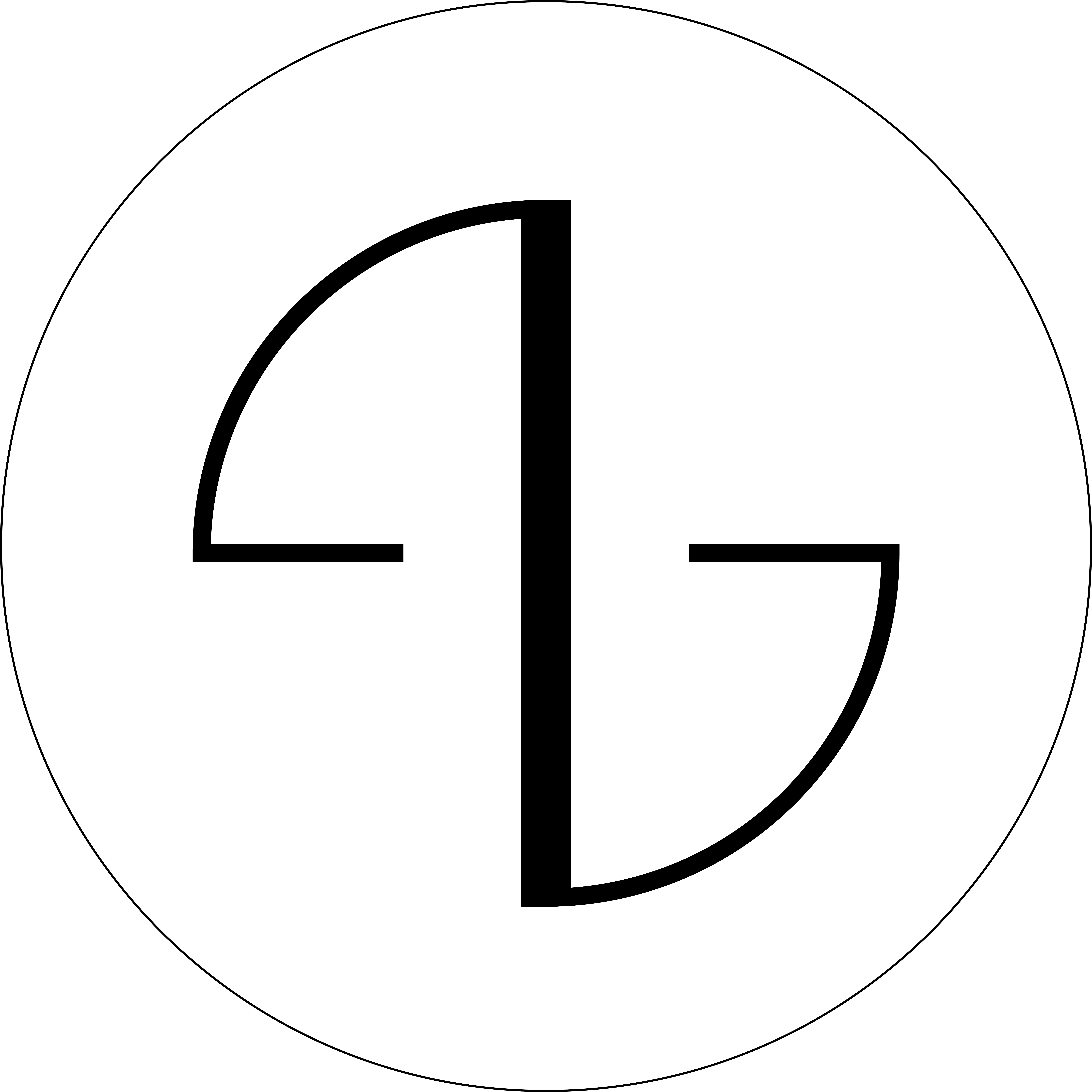Alcohol and Insomnia: Everything Your Need to Know

During sleep, a person’s heart rate should slow and drop to below 60 beats per minute. A racing heart may disrupt sleep or cause someone to fully does alcohol help you sleep awaken. An older study concluded that alcohol might reduce sleep in the first half of sleep and increase disruption in the second half.

Alcohol’s Lasting Effects on Sleep
This can also happen if you drink alcohol with caffeine (think espresso martinis or vodka Red Bulls) or with a lot of sugar (i.e. sugary cocktails or energy drinks). Although alcohol can initially have a sedative effect, it can lead to problems in the sleep cycle. People who wake up tired every morning may be more likely to lean back in to drinking to help them sleep better. But this can create a negative pattern that leads to more serious, long-term effects of alcohol on sleep. Alcohol may be consumed in beer, wine, and hard liquors like vodka, rum, gin, and whiskey.
Treating Co-Occurring Insomnia and Alcohol Addiction
Alcohol is not an effective long-term solution for insomnia and may exacerbate the condition over time. Breathing problems — Since alcohol’s sedative effect extends to your entire body, including your muscles, it may allow your airway to close more easily while you’re asleep. This can greatly increase the risk of sleep apnea especially if you drink within the last couple of hours before bedtime. It’s true, sleep may happen more quickly after consuming a drink or two.

How Alcohol Affects Your Sleep
Though alcohol may help you fall asleep faster, it can disrupt the important REM stage of your sleep cycle, leading to lack of sleep or sleep disorders like insomnia. Many people with insomnia may have difficulty falling asleep at night. As a result, they may consume alcohol to speed up falling asleep, but evidence shows this technique does not improve sleep quality. This article reviews the relationship between alcohol and insomnia, including how alcohol can affect sleep quality alongside the risks of poor sleep quality.
The brain then moves on to the next stage of light sleep, but there is an increase in brave wave frequency, followed by a further slowing down. This process of powering up and then slowing down helps to further slow activity in the brain. Your brain spends more time in this stage of sleep than in other stages.
- An uncomfortable sleep environment can make getting a good night’s rest challenging.
- This can happen as your blood alcohol levels fall or with high doses of alcohol.
- Yes, alcohol consumption can exacerbate sleep apnea symptoms by relaxing the muscles in the throat and increasing the likelihood of airway obstruction during sleep.
- Low and moderate doses of alcohol tend not to affect REM in the first half of sleep, while high doses of alcohol significantly reduce REM sleep reduction in the first part of sleep.
- Poor sleep can also contribute to a wide range of health problems, according to the NIH, including obesity, high blood pressure and depression.

It’s a central nervous system depressant and it slows your brain activity. This can happen as your blood alcohol levels fall or with high doses of alcohol. Alcohol causes a higher production of the stress hormone cortisol, which regulates the body’s stress response and initiates wakefulness. Disruptions https://ecosoberhouse.com/ to this hormone can lead to reduced quality sleep and cognitive difficulties. Research from 2018 corroborates this, suggesting that people experience a lower duration and quality of REM after consuming alcohol. Older research suggests the effects on REM sleep appear to be dose related.
How Does Alcohol Affect Sleep?
- Many of us find ourselves tossing and turning at night, trying to get that elusive 7 to 8 hours of sleep experts say we need but never finding it.
- Alcohol may indeed help some individuals fall asleep faster, creating a false sense of its effectiveness as a sleep remedy.
- An older study concluded that alcohol might reduce sleep in the first half of sleep and increase disruption in the second half.
- People suffering from depression may already have disrupted circadian rhythms, and the presence of even moderate amounts of alcohol may push those rhythms further out of sync.
With help from experienced professionals, substance use and co-occurring insomnia can be treated effectively. If you believe your drinking may be problematic, you may learn about the differences between casual and problematic drinking by taking a self-assessment. If co-occurring substance use and insomnia are causing problems in your life or the life of a loved one, reach out to a representative to begin the journey towards recovery. The potential for insomnia treatment to influence alcohol-related consequences has significant implications for the prevention and treatment of problematic alcohol use among young adults.
If you do have a drink, pay extra attention to other sleep hygiene best practices to protect your shut-eye. We dive deep into reasons you think you can’t sleep without alcohol here and how to stop alcohol insomnia here. Research on older adults, aged 50 and older, found those who binge drank two days or less a week had 35% greater odds of insomnia compared to non-binge drinkers.

While cirrhosis scars from excessive drinking are irreversible, quitting alcohol and leading a healthier lifestyle can help your liver heal from alcohol-related liver disease. Alcohol detox isn’t easy and not everyone can do it on their own. That is why alcohol detox and alcohol withdrawal treatment is administered by medical professionals. At the beginning of the NREM cycle, within seconds to just a few minutes after nodding off, alpha and theta brain waves cause eye movement to slow down.
Peters is a board-certified neurologist and sleep medicine specialist and is a fellow of the American Academy of Sleep Medicine. It can have a relaxing effect, but research shows that too much alcohol can lead to a lack of sleep or insomnia. Alcohol can increase the quantity of non-REM sleep during the first half of the night, but it decreases REM sleep in the second half. It can also negatively affect mood, which can, in turn, affect personal relationships.



Lascia un commento